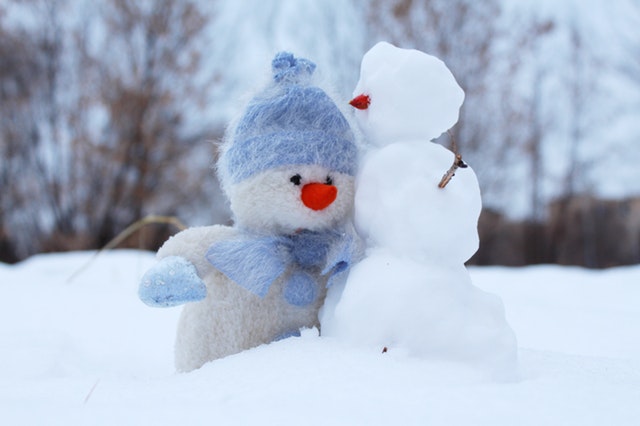Sinus infections are a widespread problem in Mechanicsburg and across the country. Known as sinusitis medically, they bring pain and misery to an estimated 37 million Americans annually. Many associate sinusitis with spring, when pollen is in the air and the weather is changeable, but sinus issues can be just as bad – if not worse – in the winter months.
Sinusitis Symptoms & Triggers
People with sinusitis experience cold-like symptoms such as a stuffy or runny nose, sore throat, postnasal drip, loss of smell and taste, headache, fever and fatigue. In addition, they often contend with facial pain and pressure and bad breath.
Sinusitis is most often the result of an infection caused by a cold or allergies. Other triggers include nasal polyps, deviated septum, facial trauma, immune system disorders and tumors.
Mechanicsburg residents whose sinusitis symptoms last just a couple of weeks are the lucky ones. Many Pennsylvanians deal with symptoms year-round and find that they are actually worse in the wintertime.
What Causes Sinusitis During the Winter Months?

Why are sinus infections often worse during the coldest months of the year? There are a number of reasons, including:
- Dry Air. Drier air – common in many locations during the winter months – causes the mucus linings in your nose to dry out and mucus to thicken. This results in an increased likelihood of congestion and infection. Combat this by using a humidifier to help keep your nasal passages moist.
- Humidity. In other parts of the country, the opposite problem occurs: winters are wet. But that’s not a good thing either; frequent storms cause pressure changes in the atmosphere, which can lead to pain and pressure in the air-filled sinus cavities. Over-the-counter medications and nasal sprays may help relieve symptoms.
- Dust. We’re not bashing your housekeeping abilities, but when the weather turns cold you tend to want to snuggle up beneath blankets and extra sheets and after six months’ in the closet, these might be dusty. Since dust is a common trigger of sinusitis, thoroughly wash and dry all bedding before use – and keep pets away, because…
- Animal Dander. We love our furry, four-footed friends, but animal dander is one of the biggest triggers of sinus symptoms. In addition to keeping pets off your bedding, vacuum frequently to remove dander from carpets and furniture
- Indoor Heating. Common indoor heating sources such as electric heaters and fireplaces can both worsen sinus symptoms during the winter months. Heaters dry out the air and fireplaces can irritate the nasal passages. Invest in a HEPA air filter to remove a majority of particulates and open windows and doors when it’s not too cold outside to air out your house.
- Food. The holidays are synonymous with rich and delicious foods, but these can wreak havoc on your digestive system. Dairy, sugar and alcohol all promote inflammation in the body, so enjoy these in moderation and be sure to eat plenty of leafy green vegetables and berries for added fiber and an antioxidant boost that will help keep you healthy.
- Viruses. Cold and flu viruses are most common in the winter months. These attack the nasal passage membranes, causing inflammation and congestion that can lead to a sinus infection. Reduce your odds of getting sick by frequently washing your hands with hot water and soap, getting plenty of rest, sticking to a healthy diet and covering your nose and mouth when you sneeze or cough to prevent the spread of germs.
For more tips on preventing sinus infections this winter, talk to your Mechanicsburg ENT specialist.
